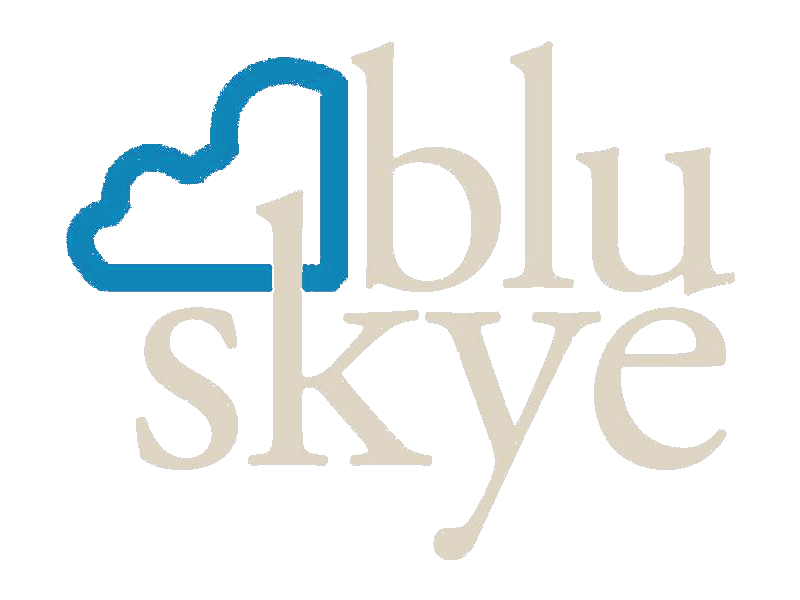
Kgalagadi Transfrontier National Park
Ten lions, a dominant male, two females, five cubs and two young males nearby, rest in the afternoon heat. The male Kalahari Desert lions are known for their flowing, dark, beautiful manes, which grow fuller than most due to the lack of vegetation and underbrush. It’s hot, dry and primal out here in this bright African afternoon. The cubs rough-house, chew on sticks and nurse; the dominant male lazily sits up to survey his domain; the mamas nap moving only to stay in the shade; and the young males shift restlessly to survey the main pride to which they hope to have access someday. Mostly they all sleep. They pay us no mind even though we’re but 20 feet away for two hours in the 100 degree heat. A few German tourists in self-drive 4x4’s toting massive cameras and lenses come and go. Still we sit, sweating yet mesmerized by the spectacle of wild lions in this wild place.
We are on a self-drive safari in this remote game park on the border between Namibia and South Africa scouring the hot, dry landscape in a rented Kia Sportage bound from Cape Town to the Angola/Namibia border. We document the trip with a small array of electronic recording devices and are currently surveying two dry river valleys from Twee Riverien to Nossob where animals assemble and do their thing. Watching the King of Beasts playfully swat a frisky cub, it occurs to me that our ‘market economy’ means nothing to these wild creatures. They are affected by markets surely; but they know and care nothing of them. For them life just is.
I visit and observe lions in Africa, and write this on a computer in the USA by virtue of my active participation in market economies – a “system in which production and prices are determined by unrestricted competition between privately owned businesses.”[1] What’s especially interesting about Africa is that there are still fair numbers of people who, like the Kalahari lions, are influenced by market forces, but as a practical matter they know little and could care less about them. For a good portion of humanity, life is still pretty basic – living moment by moment in a hunt for food, shelter, sex, and harmonized social relations – just like the lions. And this is an economy of sorts – a wild economy not dictated by the same set of rules we who live in the USA and other developed countries follow. Wild economies are somehow different. They are older and rawer. And as I gaze transfixed at the lions, I sense their wild economy isn’t going away anytime soon, but our market economy could change a lot faster than we think.
Before leaving on my trip to commune with the Kalahari Lions, I met with folks from Millennium Promise, an NGO committed to eradicating extreme poverty consistent with the UN’s Sustainable Development Goals. They asked me to visit one of their project villages in Malawi to help consider ways for the local communities with no infrastructure, no market understanding and no investment capital to develop markets for their agricultural goods. I see now that this is a problem of transitioning people from a wild economy to a market economy. According to the World Bank there are 700 million people living in extreme poverty world-wide. That’s a lot of people living day to day with wild economics. I’ve grown up in market economics – indeed I have experienced nothing else – and for the last 20 years have looked deeply into the unintended impacts – good and bad – of these markets. What I’ve learned is that there’s no such thing as a free lunch. Participation in our global market economy has clear benefits, but also costs. We are seeing some of the upset surrounding market economies play out in our Presidential politics and general discontent throughout the developing world. Our market economies work because lots of people agree and have chosen to play by the rules, which for those of us who grew up in them, seem obvious. However, looked at from the point of view of the subsistence Malawi farmer or the lion pride, the rules of the market economy aren’t obvious. Thus, I suspect that this is why most ‘aid’ fails, why globalization will continue to have challenges, and gives insight into why Trump is so popular. Ultimately, the people must choose to participate in markets; and in that includes letting go of the wild, ancient and raw – with all its benefits and costs – and embracing the new.
And as I sit, sweat, and commune with the Kalahari lions I can almost see a vague glimmer into that wild human economy. But not quite.
———
[1] Definition by Oxford Languages
